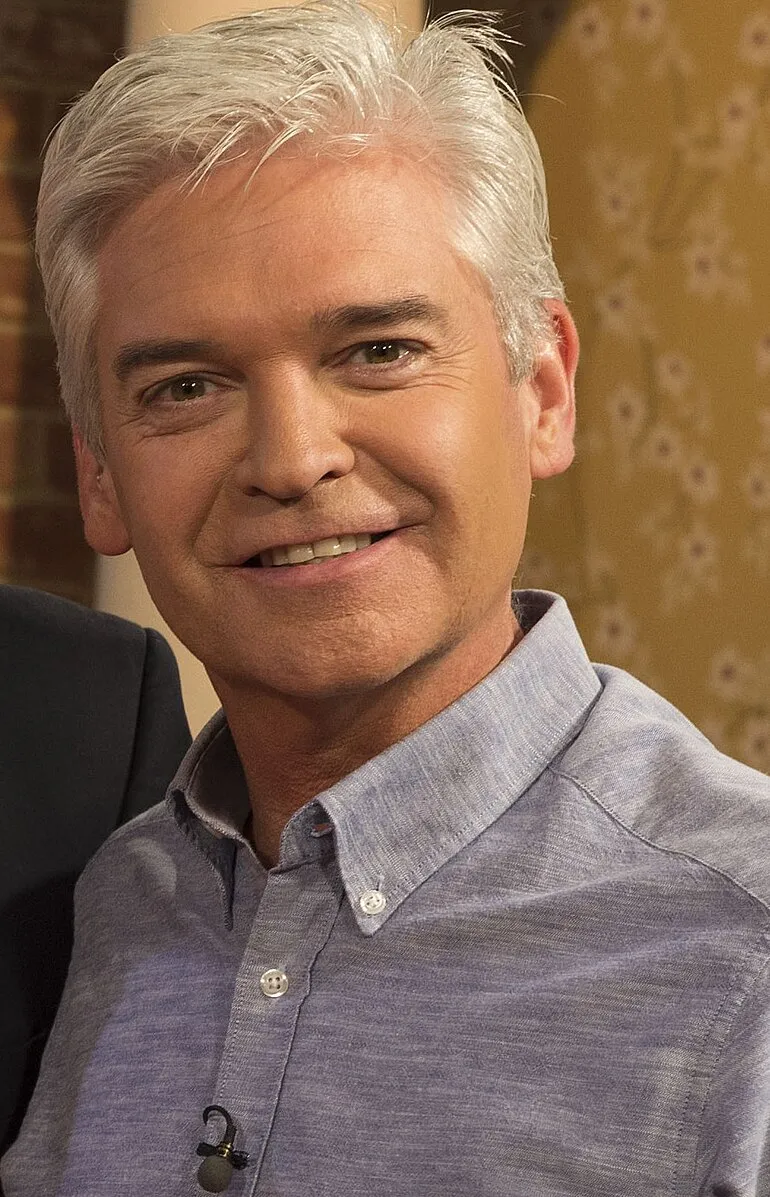'Celebrity rehabilitation’ used to mean a well-known personality was spending some time in some sort of clinic. These days it is more likely to mean that they are making a new TV show, or just making headlines, often with some kind of redemptive narrative arc.
The latest celebrity to attempt it is Philip Schofield, popping up with Cast Away on Channel 5. He has had a period away from the cameras he so loves after the revelation of his affair with a much younger and junior male runner at This Morning, who he met when the runner was just 15, and the lies he spun to conceal it. Here we have Schofield making a TV programme on a deserted island… to tell us how he doesn’t want to be on TV anymore?
He blames his departure from ITV on ‘homophobia,’ then blames his brother claiming he was ‘fired for the bad publicity for someone else’s crime’. Redemption might be what he wants, but he seems unwilling or unable to accept responsibility to achieve it. He calls what he did ‘unwise’ and ‘unprofessional’; podcaster Marina Hyde called this attempt to rehabilitate himself a ‘picnic of narcissism’. Instead of admitting wrong, or even doing something good for someone else, the whole enterprise merely calls more attention to himself, and none of it is flattering. TV’s former Mr Nice Guy now comes across as bitter as the unripe mangoes he is trying to eat on his desert island, and his ‘brand’ arguably now more besmirched than ever. What rehabilitation, redemption or even reconciliation is here?








Sarah Mullally: A calm voice & firm hand, but not an evangelical
When the chips are down, what qualities do you look for in a leader? Someone who can offer a stirring …